ABRALATAS and the circular model of aluminium beverage cans in Brazil
Cátilo Cândido, the CEO at Abralatas, shares how the Every Can Counts (Cada La ta Conta) program was brought to Brazil in 2021.
22 September 2022
With an end of life collection rate of almost 99% in 2021 and an average of >95% over the last fifteen years, Brazil is a leader in aluminium can recycling, as well as being the world’s third largest market, by volume.
The Brazilian aluminium industry recycles approximately 400,000 tonnes of cans annually, according to Abralatas – the Brazilian Aluminum Can Manufacturing Association. Newly produced cans from recycled sources reach points of sale within around 60 days, considering all the cycle: production, distribution, consumption, recycling and can manufacturing.
The Brazilian recycling system starts with the 800,000 people that collect used beverage cans (among other waste materials) for recycling. It is this human resource that is key to Brazil’s high collection rates, but which might not be workable for other jurisdictions, where automated sorting may be appropriate (e.g. Europe) or where consumer behaviour and municipal or other schemes ensure high recovery rates and improved sorting (e.g. Japan and Switzerland).
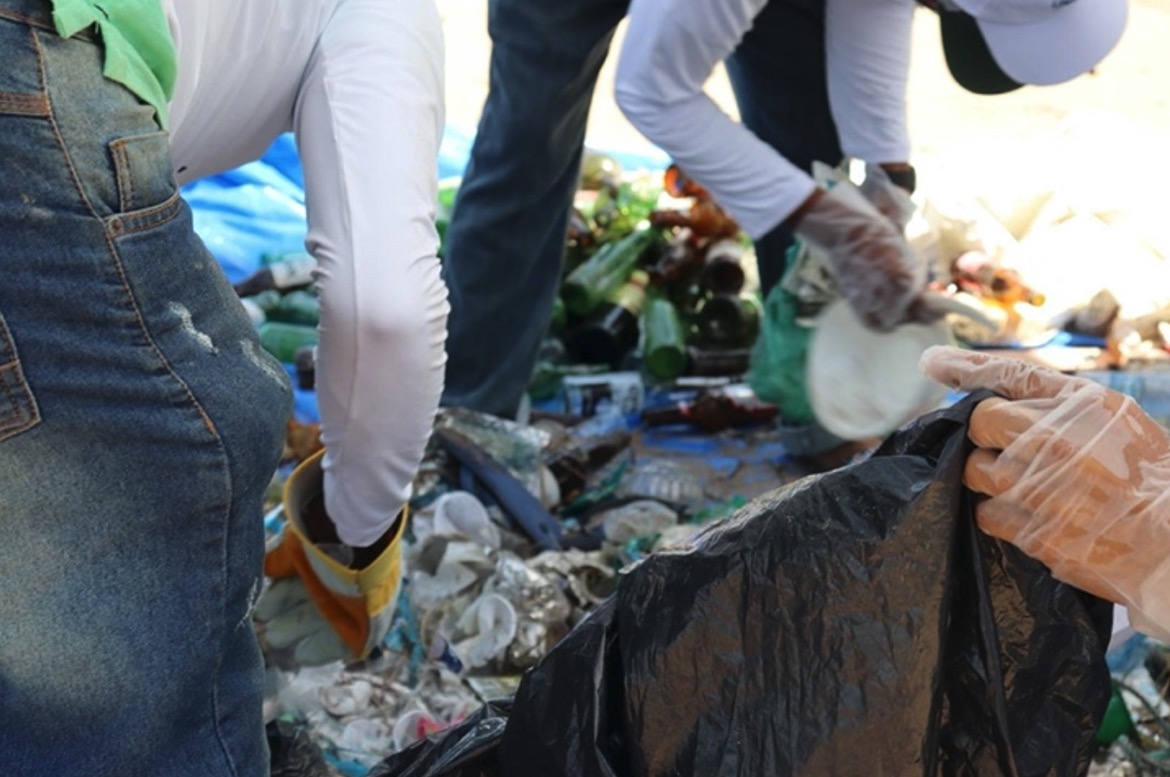
The recycling cooperatives and waste pickers are the backbone of Brazil’s circular economy, carrying out an environmental service of selective waste collection across Brazil’s 27 states, helping to sort and divert recyclable materials out of the waste stream. This environmental service is driven by an economic imperative for the waste-pickers, for whom the used can is a valuable resource.
The results of their work – the materials that are recycled back into productive use – saves material from landfill and reduces the CO2 emissions of the Brazilian industry.
The visibility of the pickers can play an important environmental education service as well, informing the public about the economic and environmental co-benefits of recycling beyond can collection.
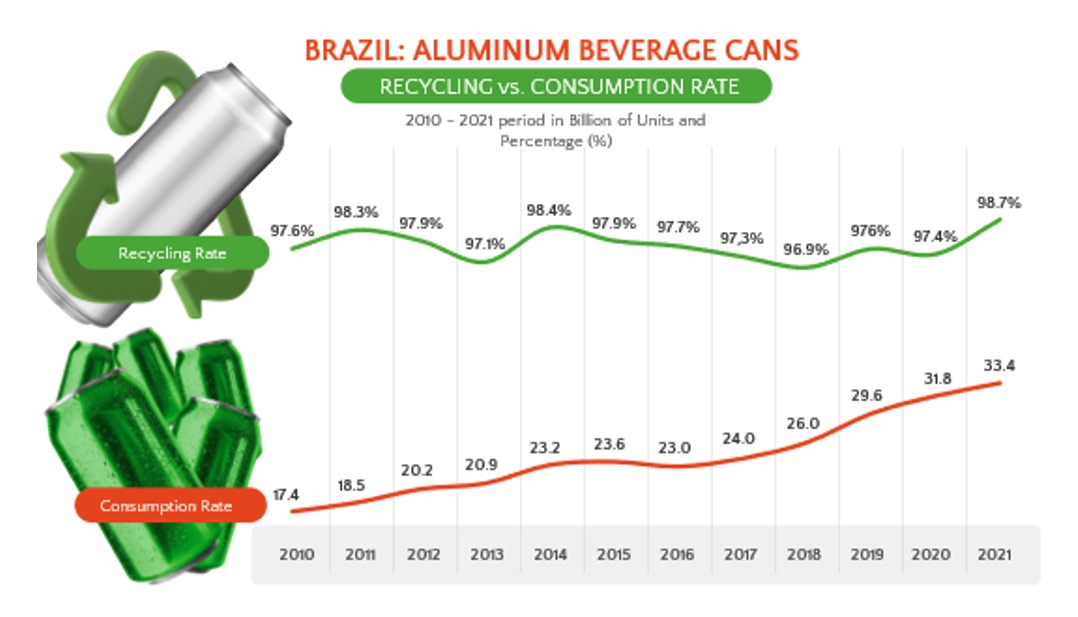
EVERY CAN COUNTS Program in Brazil
An effective recycling system requires the engagement of several actors, namely: consumers, waste pickers, governments, entities, and companies. Therefore, in 2021 Abralatas brought the Every Can Counts program to Brazil.
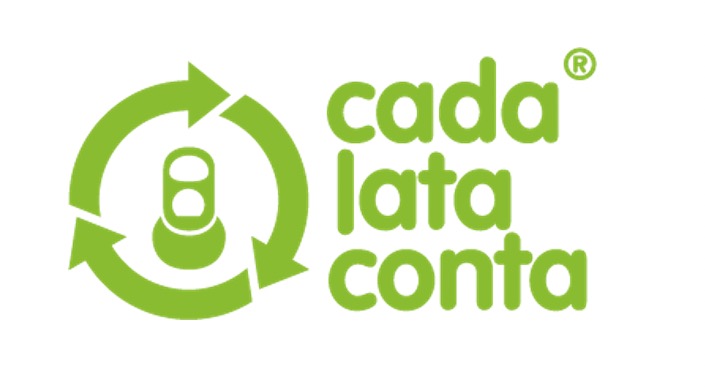
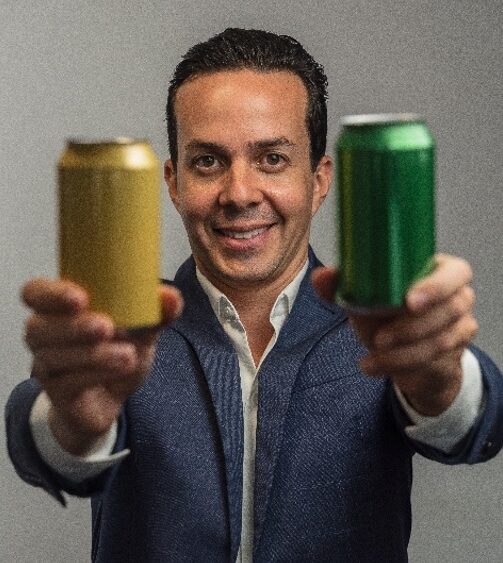
– Mr. Cátilo Cândido, Abralatas CEO.
The program is a partnership of can manufacturers, Ardagh, Ball, CanPack, and Crown, under the aegis of Abralatas: “We aim to raise consumers’ awareness about the advantages of consuming canned beverages towards sustainability and reverse logistics,” explains Mr. Cátilo Cândido, Abralatas CEO.
This is the first time the program has been implemented outside Europe since its inception in 2008.
“The exportation of the Every Can Counts Program to Brazil allowed us to promote the sustainability aspects of beverage cans, either through behaviour change or campaigns to raise individuals’ awareness, showing that the cans are infinitely recyclable. Therefore, we bring information for consumers so they can make informed choices,” stated Mr. David Van Heuverswyn, Director, Every Can Counts, Europe.
In Brazil, the social aspect of recycling is one of the pillars of the Program. Every Can Counts for the environment, responsible consumption, and, most importantly, people’s lives. The message that the program intends to convey is that small actions, when added up, can make a significant change. This message has been promoted on social media, streets, at big concerts, public parks, and other interventions, as part of a massive awareness raising campaign.
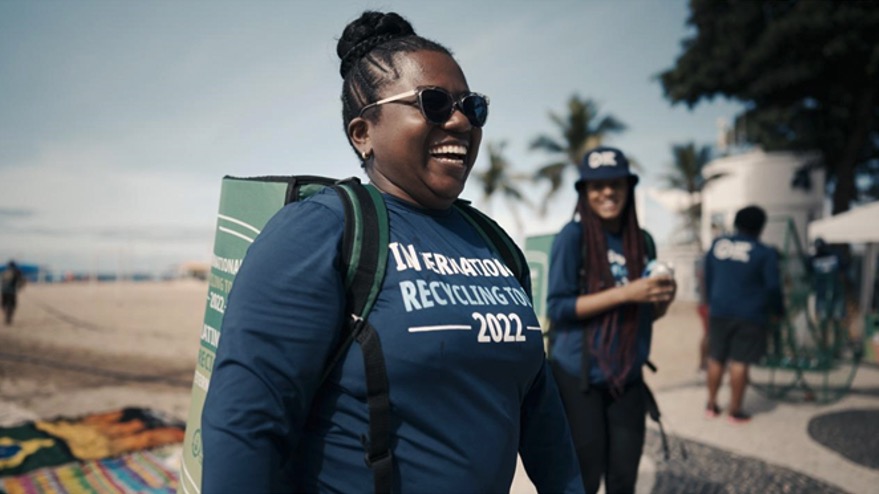
In Belo Horizonte, for example, waste pickers have won state, federal, and municipal recognition of their status in the waste sector, with laws amended to facilitate their integration. During the pandemic, various initiatives sought to provide economic and other support to these workers.
As circular economy approaches become increasingly urgent, the social, economic and environmental aspects must be considered together. Brazil’s example aims to unite development, sustainability, and social support.
Learn more
All images © Abralatas
SHARE THIS ARTICLE


